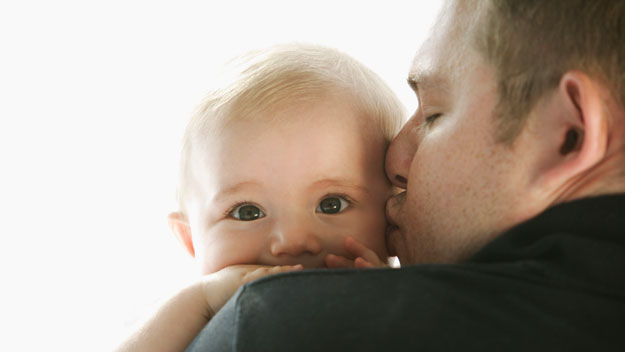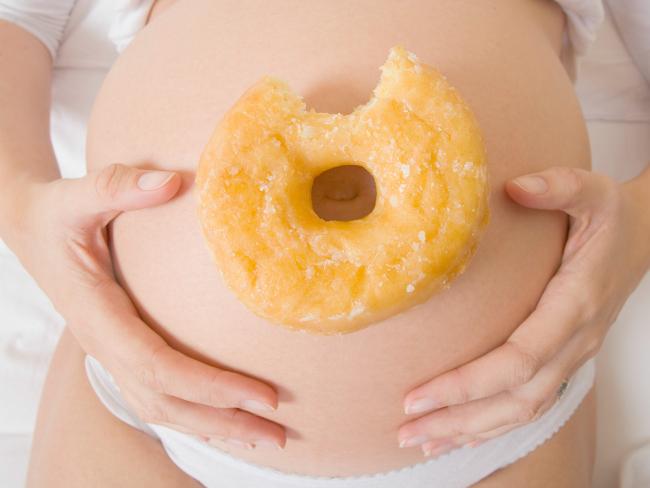Viagra (sildenafil) has been used in preliminary trials for the past 18 months as a method of reducing fetal distress during labour in a QLD trial, however the trial has come to a halt after reports 11 babies died when the same drug was used by mothers in a similar study in the Netherlands.
The Dutch trial was significantly different to the Australian trial in terms of the amount of the drug administered, however the outcomes still warrant caution in the QLD trial.
The ABC reports that approximately half of the 183 women involved in the three year Dutch trial had taken the drug, and of those 15 mothers were yet to give birth.
Sailesh Kumar, from the University of Queensland and the Mater Research Institute, spoke with the ABC and explained that the QLD study – which was aiming to reduce foetal distress during childbirth – used a much lower dose of Sildenafil and for a much shorter period.
“It’s a very, very different study [from the Dutch trial] and the drug is used in a very different context,” Professor Kumar said.
“The women in our trial used up to three tablets — but generally only one tablet during labour.”
While the Dutch study involved taking the drug many more times and over a longer period and, according to Professor Kumar was the first study to come up with any negative effects.
About 200 women had been involved in the Queensland trial, with no adverse effects so far.
Original article …
‘Daddy’s little helper’ could become ‘mummy’s little helper’ if the findings of a QLD hospital trial using viagra in childbirth are anything to go by.
Viagra (sildenafil) has been used in preliminary trials for the past 18 months in Brisbane as a method of reducing fetal distress during labour.
The medication which famously increases blood flow to certain areas on the menfolk, has also been found to dilate blood vessels in the pelvis, improving the transport of oxygen and nutrients to the baby.
A reduction in fetal distress could eliminate the need for medical intervention – forceps, caesarean etc – during labour.
It’s actually working!
Speaking with the ABC, University of Queensland professor Sailesh Kumar, from the Mater Research Institute says so far the results have been promising.
230 women have been involved in the preliminary trial so far, with another 200 to be recruited over the next year.
“There is close to a 50 per cent reduction in women requiring an emergency caesarean or a forceps delivery for fetal distress when the drug is taken in the early stages of labour,” Professor Kumar says.
Great outcomes for babies
The improved delivery of oxygen to bubs can significantly reduce their stress. According to Professor Kumar in 60 percent of cases where the baby suffered oxygen deprivation there were no prior risk factors, so reducing that distress means that labour can usually continue unaided.
“Preventing fetal distress can greatly improve the short and longer-term health outcomes of the baby,” he says in the ABC interview.
Complications from oxygen deprivation during labour include mild to severe cerebral palsy and brain injury, and in extreme cases can be fatal.
“Emergency caesarean births are associated with poorer results for both the mother and baby, so these preliminary results are very promising,” Professor Kumar says.
“Hopefully with the medication the baby will be able to better survive the stresses of labour and be less injured by a lack of oxygen.”

